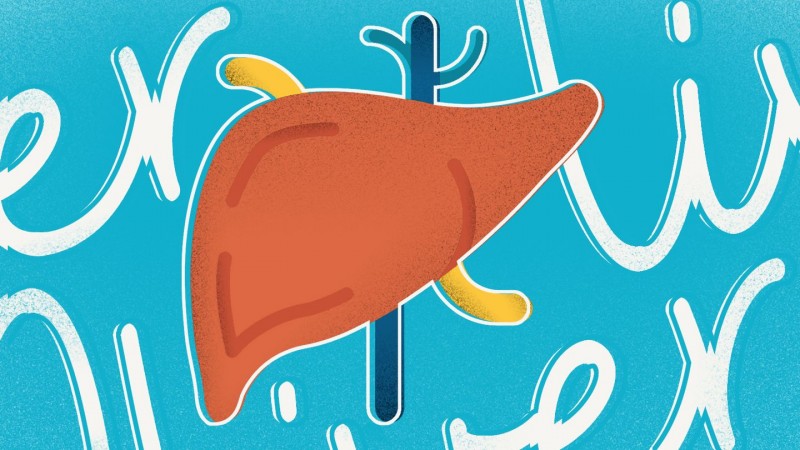
The liver is a vital organ that plays a crucial role in detoxifying the body, producing essential proteins, and aiding in digestion. It's important to take proactive steps to maintain the health and proper functioning of your liver. In this article, we'll delve into expert-recommended tips for ensuring a healthy liver. The liver is responsible for metabolizing nutrients, filtering toxins, and producing bile that aids in digestion. It also stores vitamins and minerals, regulates blood sugar levels, and plays a role in clotting factors. Keeping your liver healthy is essential for overall well-being.
Maintaining a Balanced Diet
A diet rich in fruits, vegetables, whole grains, lean proteins, and healthy fats is beneficial for liver health. These foods provide essential nutrients and antioxidants that support liver function. Additionally, including foods high in vitamins B, C, and E can help protect the liver from oxidative stress.
Staying Hydrated
Adequate hydration is crucial for liver function. Water helps flush out toxins and aids in digestion. Herbal teas and infused water with lemon or cucumber are also beneficial choices.
Limiting Alcohol Consumption
Excessive alcohol consumption can lead to fatty liver disease and other serious liver conditions. If you choose to drink, do so in moderation. For women, that means up to one drink per day, and for men, up to two drinks per day.
Exercising Regularly
Regular physical activity promotes blood circulation and helps prevent fat buildup in the liver. Aim for at least 150 minutes of moderate-intensity exercise or 75 minutes of vigorous-intensity exercise per week.
Managing Your Weight
Obesity can increase the risk of fatty liver disease. Maintaining a healthy weight through a balanced diet and regular exercise is essential for liver health.
Avoiding Unnecessary Medications
Some medications can be hard on the liver. Only take medications that are prescribed by a healthcare professional, and avoid mixing alcohol with medications.
Embracing a Fiber-Rich Diet
Fiber aids in digestion and helps prevent the buildup of toxins in the body. Opt for whole grains, legumes, fruits, and vegetables to increase your fiber intake.
Reducing Salt Intake
Excess salt can contribute to fluid retention and liver damage. Limit your sodium intake by avoiding processed foods and using herbs and spices to flavor your meals.
Consuming Antioxidant-Rich Foods
Berries, nuts, green tea, and foods high in beta-carotene are rich in antioxidants that protect the liver from damage caused by free radicals.
Cutting Back on Sugar
High sugar intake can lead to insulin resistance and fat accumulation in the liver. Limit sugary foods and beverages in your diet.
Including Liver-Friendly Herbs
Herbs like milk thistle and dandelion root are believed to support liver health. Consult with a healthcare provider before adding herbal supplements to your routine.
Getting Vaccinated
Vaccinations for hepatitis A and B can protect your liver from these viral infections, which can lead to severe liver damage.
Monitoring Your Cholesterol Levels
High cholesterol levels can contribute to fatty deposits in the liver. Regularly check your cholesterol levels and make dietary adjustments if needed.
Practicing Safe Sex
Some sexually transmitted infections can affect the liver. Practicing safe sex and getting tested regularly can reduce the risk of transmitting these infections. prioritizing your liver health is essential for overall well-being. By following these expert-recommended tips, you can support your liver's function and longevity.
Unlocking Holistic Wellness: The Mind-Body Connection Explored
Enhancing Fitness with Gym Supplements: Dosage and Safety Tips